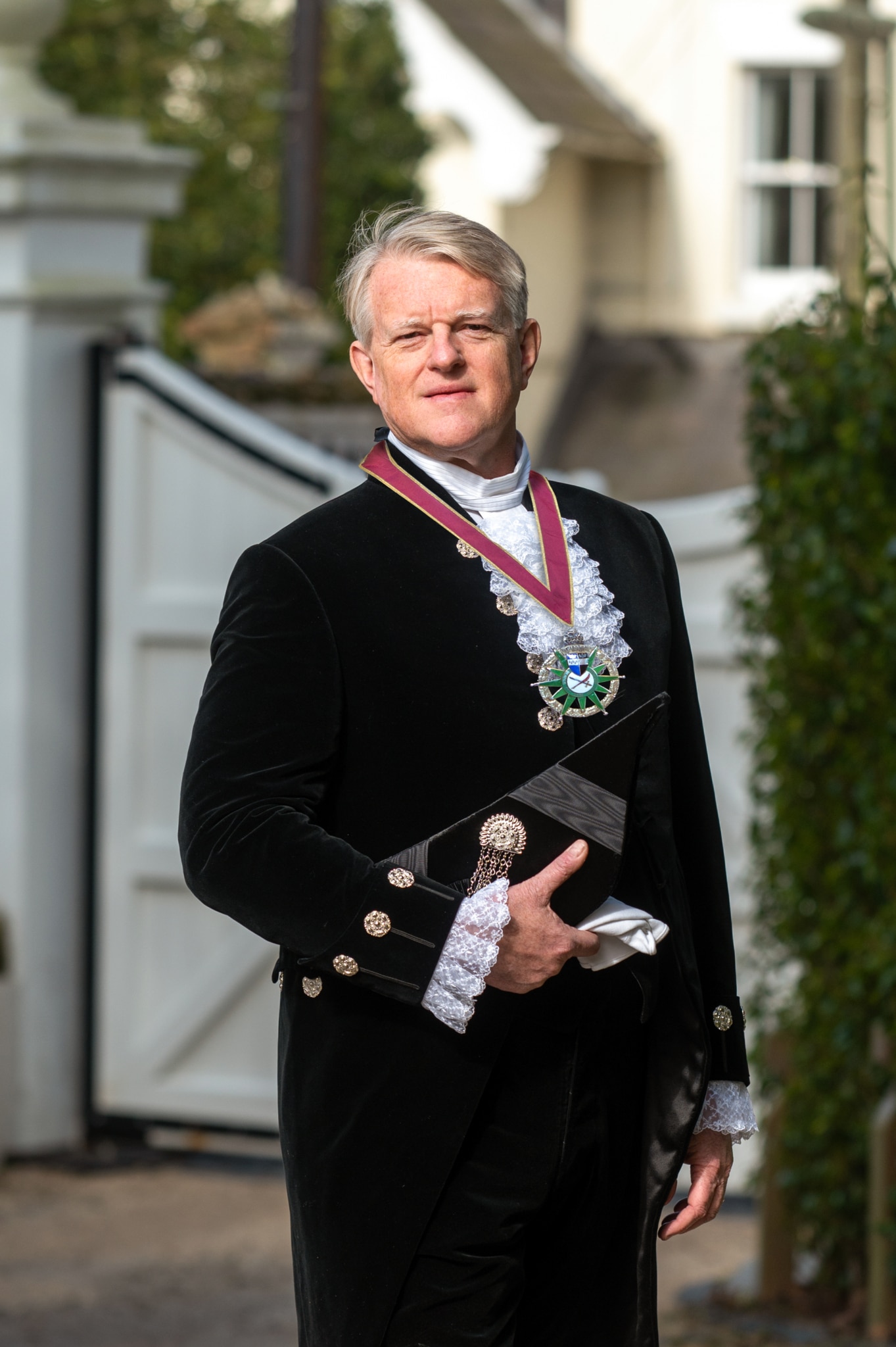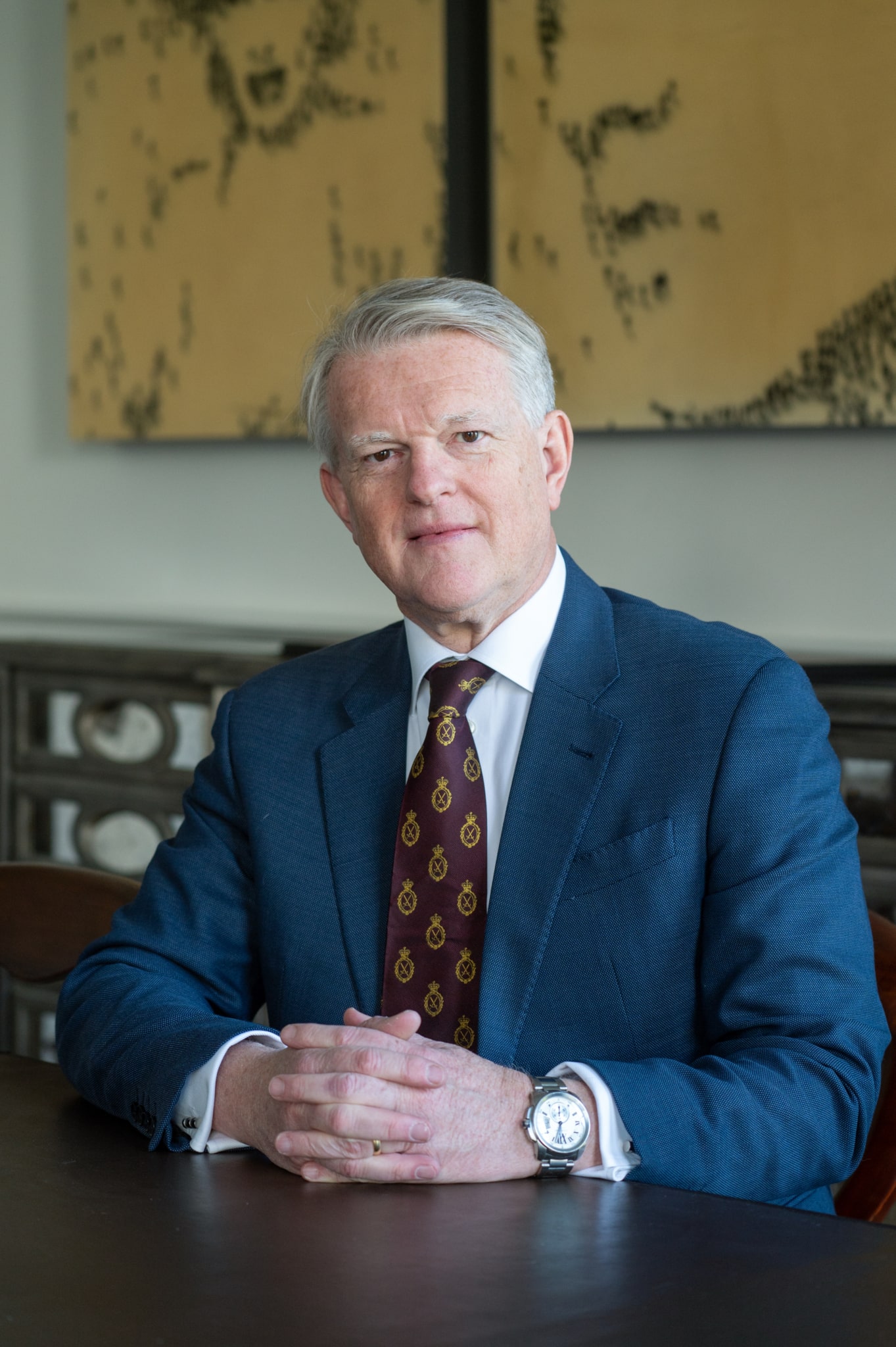Peter is a Fellow of the Institute of Chartered Accountants of England and Wales and spent the majority of his career working in private equity, firstly for an Investment Bank in the City and then as a co-founder of a pan-European private equity real estate company.
He has been a Trustee of the Community Foundation for Surrey for over eight years and Chair of Guildford Philanthropy since July 2017. He becomes the High Sheriff of Surrey on March 21, 2025.
Identifying and Supporting young people at risk of becoming NEET
In addition to the above objectives, the High Sheriff has an opportunity to shine a light on a particular issue arising in the County. Peter, through his work with the Community Foundation for Surrey and Guildford Philanthropy, has been keen to give opportunity and tackle need by supporting initiatives that deliver training opportunities, work experience, jobs and other benefits to local people who need help, whether due to poor education, disability or mental illness. There is often a need to build self-confidence and self esteem by facilitating access into a working environment and by encouraging the development of new skills, thereby enabling those most in need to improve their lives.
However, there are a number of young people across the county who reach the age of 16-17 and are not in education, employment or Training (NEET) and although significant resources are brought to bear from central government, local authorities, further education providers, employers and the voluntary sector; quite often the hearts and minds of these young people have been lost at a much earlier age due to a multitude of interwoven factors relating to family life, education attainment, economic factors and health and well-being.
Peter felt that alternative and earlier intervention strategies into these young people’s lives may have led to different, more positive outcomes; and making resources available for this purpose could greatly reduce the economic and social costs down the line.
It is necessary first and foremost to understand the population that you are seeking to help, so that targeted interventions and bespoke initiatives can be proposed. The composition of NEETs in Surrey for example would look very different to the NEET population in other areas of the Country. By identifying the different cohorts that make up the NEET population in Surrey, specific solutions can then be applied, pilot studies implemented and, where appropriate, further studies undertaken. It is to be hoped that some low hanging fruit may be discovered and quick wins obtained, but it is recognised that some issues may be more intractable and require more complex remedial methods.
It is hoped that this Report fires the starting gun in encouraging informed debate, clarification on the composition of NEETs in Surrey and ultimately leads us to the day when there will no longer be any NEETs in Surrey.
The Research
Peter is immensely grateful to the University of Surrey for accepting the commission to undertake this valuable research. Max Lu, was extremely supportive and directed him to Professor Amelia Hadfield, in the University’s Centre for Britain and Europe to head the project. His thanks go to the full research team of [Philippe, Maya……..] for the thoroughness and clarity of the Report, produced within a tight time-frame, to be available at the commencement of his Shrieval year; thereby maximising the time available to discuss its findings.
Peter also extends his gratitude to everyone who contributed to this research, particularly Surrey County Council who embraced the initiative and helped provide much of the data which informs this report.


